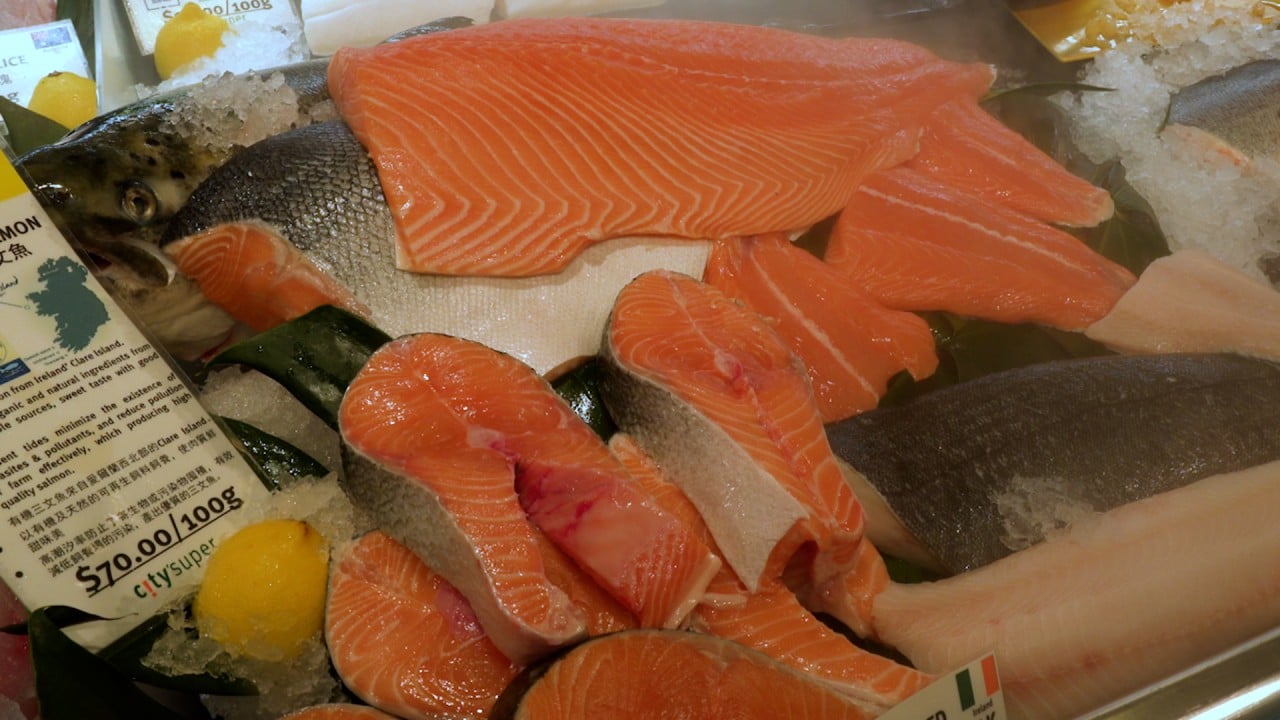
Fukushima row: Japan ‘dumping trash on neighbours’ doorsteps’ with discharge plan, Hong Kong minister says
- Environment minister Tse Chin-wan slams scheme in 2,000-word ministerial blog
- Japanese media reports indicate discharge could take place as early as late August
The possible launch window would follow Japanese Prime Minister Fumio Kishida’s return from a trilateral summit with the United States and South Korea on August 20, they said.

Citing anonymous government sources, The Asahi Shimbun, one of Japan’s four largest newspapers, and news outlet Kyodo News said the exact date for the discharge would only be set after Kishida had explained the plan to US President Joe Biden and his South Korean counterpart Yoon Suk Yeol at the summit on August 18.
Japan was hoping to use the summit meetings to demonstrate a unified three-nation front against China, which strongly opposed the plan, the sources told the news outlets.
The sources were also quoted as saying that the water would likely be discharged at the end of August to avoid the trawling period, which begins in September off the Fukushima Prefecture.
“Discharging nuclear water into the sea after the incident is just like dumping trash at your neighbours’ doorsteps. Both acts cause inconvenience and harm others for their own benefits,” the minister wrote.
Accusing Tokyo of imposing “involuntary risks” on its neighbours, Tse said Japan’s arguments favouring the measure only focused on the presence of the radioactive substance known as tritium.
The minister also cited a report showing a fish caught by the Tokyo Electric Power Company in Fukushima Bay three months ago had detected caesium levels 180 times higher than normal.
Asia envisages a nuclear-powered future to contend with climate emergency
Japan has repeatedly said the waste water has been filtered to remove most radioactive substances and noted the remaining tritium would be diluted to a concentration that is one-seventh of drinking water standards.
Tritium is considered to be relatively harmless because it does not emit enough energy to penetrate human skin. But it can increase the risk of cancer if ingested, according to the Canadian Nuclear Safety Commission.
Tse argued the accumulation of radioactive substances over the scheme’s 30-year span would “undoubtedly cause severe damage to the ecological environment and food safety”.
The prefectures covered by the proposed ban are Tokyo, Fukushima, Chiba, Tochigi, Ibaraki, Gunma, Miyagi, Niigata, Nagano and Saitama.
The city currently requires five of the prefectures – Fukushima, Chiba, Gunma, Ibaraki and Tochigi – to provide radiation certificates for certain food exports.
Tse on Monday stressed Hong Kong still valued positive relations with Japan, but would not compromise on food security or the health of city residents.
“Strengthening control over the import of Japanese aquatic products is a measure taken by the affected party to protect their normalcy and bottom line. Objective individuals will be able to discern who is right and who is wrong in this situation,” he said.
But the Japanese consul general vowed the country would not engage in any tit-for-tat measures and the ban would not affect Tokyo’s support of Hong Kong joining the Regional Comprehensive Economic Partnership, the world’s largest free-trade deal.
Fukushima’s water release plan: a visual explainer
Figures from Hong Kong’s Census and Statistics Department showed Japan supplied about 2 per cent of the city’s food last year, with 6.75 per cent of all seafood consumed locally coming from the country.
Hong Kong was also Japan’s second-largest market for agricultural and fisheries exports in 2022 and imported about HK$12.3 billion (US$1.6 billion) worth of goods.


